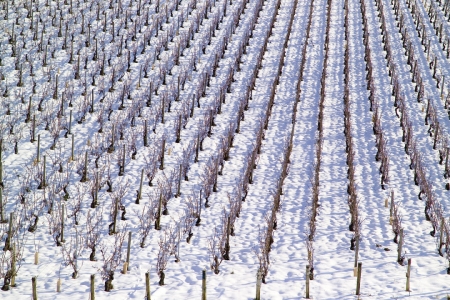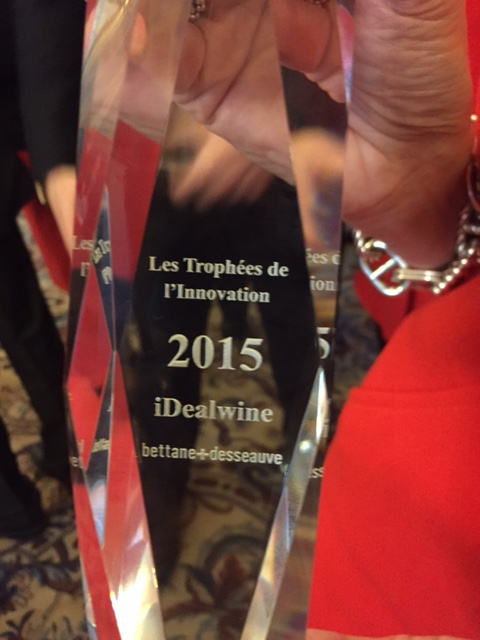On the 16th of June, the French Prime Minister and National Assembly officially added a new amendment to the Macron Law, which distinguishes information from advertising. This outcome has been hailed as a victory by the wine industry, even if the adopted definition is somewhat diminished from the initial version by Senator Gérard César.

Here is a short chronological summary to conclude this debate about the Evin Law and its definition of advertising:
- The Evin Law – proposed by MP Claude Évin and passed in January 1991 – aims to tackle the issues of smoking and alcoholism by strongly limiting the right to advertise.
- In March 2015, MP Denys Robiliard proposed an amendment to the Public Health Bill concerning the Evin Law, in order to establish a clear definition of advertising, differentiating it from information.
- At the same time, MP Olivier Véran proposed an amendment that would give the Department of Health the option to change the current health slogan, “Alcohol abuse is dangerous to your health,” which has been considered a hardening of the Evin Law.
- In April 2015, the amendments by Denys Robillard and Olivier Véran were both rejected at parliament.
- In early May, the debate was revived when Senator Gérard César proposed a new definition of advertising under the Evin Law, via an amendment to the Macron Law. It proposed to define advertising as an “operation of communication carried out in favour of a product or service, relevant to the activity of a person who has an interest in the promotion of said product or service, and is susceptible to be perceived as an act of promotion for the attention of general consumers.”
- On 11th June 2015, the National Assembly validated the amendment of Senator Gérard César, against the advice of government.
- On 16th June 2015, PM Manuel Valls used the 49-3* and the government introduced the amended clarification to the Evin Law section of the Macron law, which is a revision of the amendment passed by the Senate and the Assembly. As a result, content related to “a production area” or “the cultural, gastronomic and landscape associated with an alcoholic beverage having an identification of quality or origin”, or related to protected land, is no longer subject to the Evin Law.
The wine industry seems satisfied with these changes and the association, Vin & Société, said, “This decision should eliminate ambiguity, which has led to the conviction of several journalists whose articles had been classified as advertising. It will also remove a form of self-censorship, which is damaging to both regional representatives responsible for developing wine tourism and the media. After several days of controversy, it is pragmatism and reason that finally won, allowing the buoyant economic sector of our living, but fragile heritage, to promote economic success of our land.”
*A procedure which allows the government to pass a bill without a vote, unless the motion of censorship which is opposed by the opposition, is adopted within 48 hours.
Access the current iDealwine sales
Visit iDealwine.com



